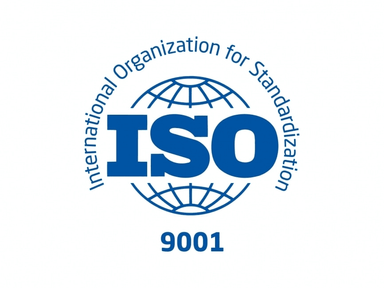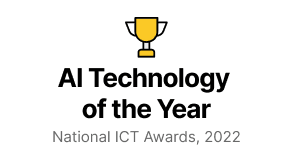2025-01-06
The global healthcare AI market is projected to reach nearly $188 billion by 2030. With an anticipated shortage of almost 10 million physicians, nurses, and midwives worldwide by 2030 and the increasing needs of an aging population, the demand for innovative solutions is more urgent than ever.
AI-assisted healthcare can significantly support providers in delivering more accurate diagnoses, personalized treatments, and efficient administrative operations. This integration optimizes healthcare systems and ensures that quality care is accessible to a larger population.
Seamless Remote Patient Monitoring
Remote monitoring is revolutionized by AI, which continuously tracks patients’ vital signs through wearable devices. This real-time data is analyzed to detect any irregularities, allowing healthcare providers to intervene promptly when necessary.
AI-driven telehealth services ensure that patients receive consistent care, even from a distance, enhancing the management of chronic conditions and overall patient well-being.
24/7 Virtual Care with AI Assistants
AI-powered virtual assistants (chatbots) provide continuous support to patients outside of traditional healthcare settings. These chatbots offer instant responses to health inquiries, medication reminders, and personalized health tips.
By ensuring that patients have access to reliable information and support around the clock, AI assistants contribute to better health management and patient satisfaction.
Precision Medicine and Drug Discovery
Precision medicine leverages AI-driven insights to analyze a patient’s genetic profile, medical history, and lifestyle factors, enabling clinicians to develop personalized treatment plans that significantly improve patient outcomes. By predicting drug efficacy and safety, AI also accelerates drug discovery, identifying potential new therapies and even repurposing existing medications for novel indications.
Companies like Tempus Labs and Foundation Medicine use AI to optimize cancer treatment strategies, while Recursion Pharmaceuticals focuses on AI-driven drug discovery for rare diseases and aging-related conditions.
Early Disease Detection
Early diagnosis is critical in managing chronic diseases, and AI excels in this area through predictive analytics. By examining patterns in medical records and genetic data, AI models can forecast the onset of diseases before symptoms appear.
This proactive approach allows for timely interventions that can slow, prevent, or even stop disease progression, significantly improving patient prognosis.
For example, Freenome’s AI-driven screening platform analyzes multiple data types—such as blood-based biomarkers and genetic signals—to detect colorectal cancer at its earliest stages.
AI in Mental Health Care
AI-powered platforms are expanding and improving mental health support by providing virtual therapy sessions that are accessible, personalized, and scalable. Instead of diagnosing mental health conditions, these tools focus on engaging users in empathetic conversations, offering coping strategies, and suggesting self-care activities. This approach helps address the global shortage of mental health professionals by making therapy more widely available even in underserved regions.
For instance, according to a recent global survey by the Oliver Wyman Forum, 32% of respondents expressed willingness to use AI-driven therapy, underscoring the growing acceptance and potential impact of AI in addressing mental health needs.
Tailored Treatments for Every Patient
Personalized medicine tailors healthcare strategies to each individual by considering their unique genetic makeup, medical history, and lifestyle.
AI is making personalized medicine a reality. By analyzing vast amounts of patient data, including genetic information and medical histories, AI creates customized treatment plans that are more effective and have fewer side effects.
This precision ensures that each patient receives care designed to meet their unique health needs, leading to better health outcomes.
Conclusion
AI is significantly transforming patient care by enabling accurate diagnoses, personalized treatments, efficient remote monitoring, and accessible mental health support. From real-time data analysis and virtual assistants to precision medicine and early disease detection, AI-driven solutions are enhancing healthcare delivery and patient outcomes. As the demand for healthcare services continues to grow, AI integration ensures that quality care becomes more accessible and efficient, addressing critical challenges in the industry.






